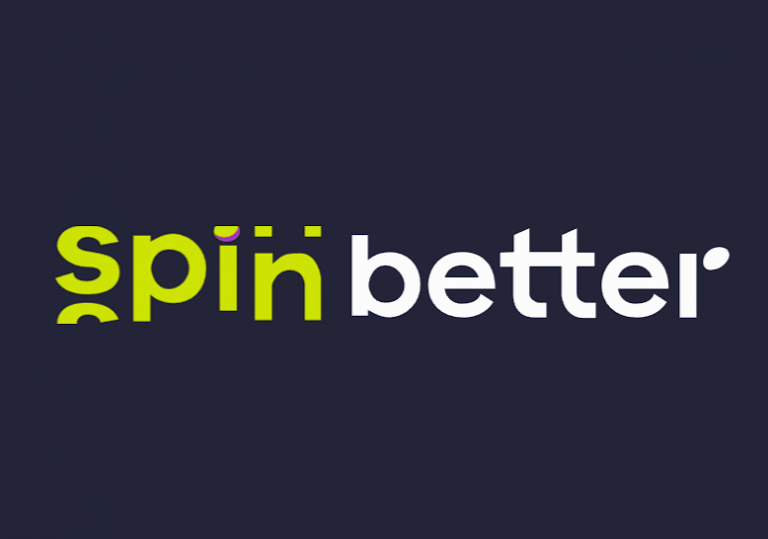In the world of sports betting, bankroll management is a critical aspect that often gets overlooked by many bettors. Effective bankroll management ensures that you can sustain your betting activities over the long term, minimizing the risk of losing all your funds and maximizing your potential returns. This article explores the importance of bankroll management, providing essential tips and strategies to help you manage your bankroll effectively and enhance your overall betting experience.
Understanding Bankroll Management
What is Bankroll Management?
Bankroll management refers to the practice of managing your betting funds in a disciplined and strategic manner. It involves setting a budget for your betting activities, determining the size of your bets, and ensuring that you do not overspend or take on unnecessary risks.
- Budgeting: Setting a specific amount of money aside for betting activities.
- Bet Sizing: Determining the appropriate size of your bets based on your bankroll and risk tolerance.
- Risk Management: Minimizing the risk of losing your entire bankroll by making informed and disciplined betting decisions.
Why is Bankroll Management Important?
Effective bankroll management is crucial for several reasons:
- Sustainability: Ensures that you can continue betting over the long term without running out of funds.
- Risk Mitigation: Helps minimize the risk of losing your entire bankroll due to impulsive or poorly thought-out bets.
- Consistent Returns: Allows you to achieve consistent returns by making informed and disciplined betting decisions.

Key Principles of Bankroll Management
Setting a Budget
The first step in effective bankroll management is setting a budget for your betting activities. This involves determining a specific amount of money that you are willing to allocate to betting.
- Determine Your Budget: Decide on a fixed amount of money that you can afford to lose without affecting your financial stability.
- Stick to Your Budget: Ensure that you do not exceed your budget, regardless of the outcomes of your bets.
- Review and Adjust: Periodically review your budget and adjust it as needed based on your betting performance and financial situation.
Determining Bet Size
Determining the appropriate size of your bets is essential for effective bankroll management. This involves considering your bankroll, risk tolerance, and the odds of the bets you are placing.
- Percentage of Bankroll: A common strategy is to bet a fixed percentage of your bankroll on each bet. For example, betting 1-5% of your bankroll on each bet can help minimize risk.
- Risk Tolerance: Consider your risk tolerance and adjust your bet size accordingly. Higher risk tolerance may allow for larger bets, while lower risk tolerance may require smaller bets.
- Odds and Probability: Take into account the odds and probability of the bets you are placing. Higher odds may justify smaller bets, while lower odds may allow for larger bets.
Diversifying Your Bets
Diversifying your bets is an important aspect of bankroll management, as it helps spread the risk and minimize the impact of losses.
- Multiple Markets: Place bets on multiple markets and events to spread the risk and avoid putting all your eggs in one basket.
- Different Sports: Diversify your bets across different sports to take advantage of various betting opportunities and minimize risk.
- Varied Bet Sizes: Use varied bet sizes based on the risk and potential returns of different bets, ensuring that you do not overcommit to any single bet.
Strategies for Effective Bankroll Management
Avoiding Impulsive Decisions
Avoiding impulsive decisions is crucial for effective bankroll management. Impulsive bets can quickly deplete your bankroll and lead to significant losses.
- Stick to Your Plan: Follow your betting plan and avoid making impulsive bets based on emotions or sudden impulses.
- Avoid Chasing Losses: Resist the temptation to place larger bets to recover losses, as this can lead to further losses and deplete your bankroll.
- Take Breaks: Take regular breaks from betting to avoid impulsive decisions and maintain a clear and disciplined mindset.
Tracking Your Performance
Tracking your betting performance is essential for effective bankroll management. It helps you understand your strengths and weaknesses and make informed decisions.
- Keep Records: Maintain detailed records of your bets, including the amount wagered, the odds, the outcomes, and your returns.
- Analyze Trends: Analyze your betting trends and patterns to identify areas where you are performing well and areas that need improvement.
- Adjust Your Strategy: Use the insights gained from tracking your performance to adjust your betting strategy and improve your overall results.
Utilizing Betting Tools
Utilizing betting tools can enhance your bankroll management and help you make more informed decisions.
- Betting Calculators: Use betting calculators to determine the appropriate bet size based on your bankroll, risk tolerance, and the odds of the bets.
- Bankroll Trackers: Use bankroll trackers to monitor your betting performance, track your wins and losses, and manage your bankroll effectively.
- Analytical Tools: Use analytical tools to analyze your betting data, identify trends and patterns, and make informed decisions.
Common Mistakes to Avoid
Overbetting
Overbetting is a common mistake that can quickly deplete your bankroll and lead to significant losses.
- Betting Too Much: Placing bets that are too large relative to your bankroll can lead to significant losses and deplete your bankroll quickly.
- Ignoring Risk Tolerance: Failing to consider your risk tolerance and placing bets that are too large for your comfort level can lead to impulsive decisions and losses.
- Chasing Losses: Placing larger bets to recover losses can lead to further losses and deplete your bankroll.
Not Diversifying
Not diversifying your bets can increase the risk of significant losses and deplete your bankroll.
- Single Market Focus: Focusing on a single market or event can increase the risk of significant losses if the bet does not go as planned.
- Lack of Variety: Not placing bets on a variety of markets and events can limit your betting opportunities and increase the risk of losses.
- Overcommitment: Overcommitting to a single bet or market can lead to significant losses and deplete your bankroll.
Ignoring Performance Tracking
Ignoring performance tracking can lead to poor decision-making and hinder your ability to manage your bankroll effectively.
- Lack of Records: Failing to keep detailed records of your bets can make it difficult to analyze your performance and make informed decisions.
- No Trend Analysis: Not analyzing your betting trends and patterns can lead to poor decision-making and hinder your ability to improve your results.
- Inadequate Strategy Adjustment: Failing to adjust your betting strategy based on your performance can lead to poor results and hinder your ability to manage your bankroll effectively.
Conclusion
Effective bankroll management is a critical aspect of successful sports betting. By setting a budget, determining appropriate bet sizes, diversifying your bets, avoiding impulsive decisions, tracking your performance, and utilizing betting tools, you can enhance your bankroll management and achieve greater success in your betting activities. Whether you are a seasoned bettor or new to the world of sports betting, understanding and implementing effective bankroll management strategies can help you sustain your betting activities over the long term, minimize risks, and maximize your potential returns.





